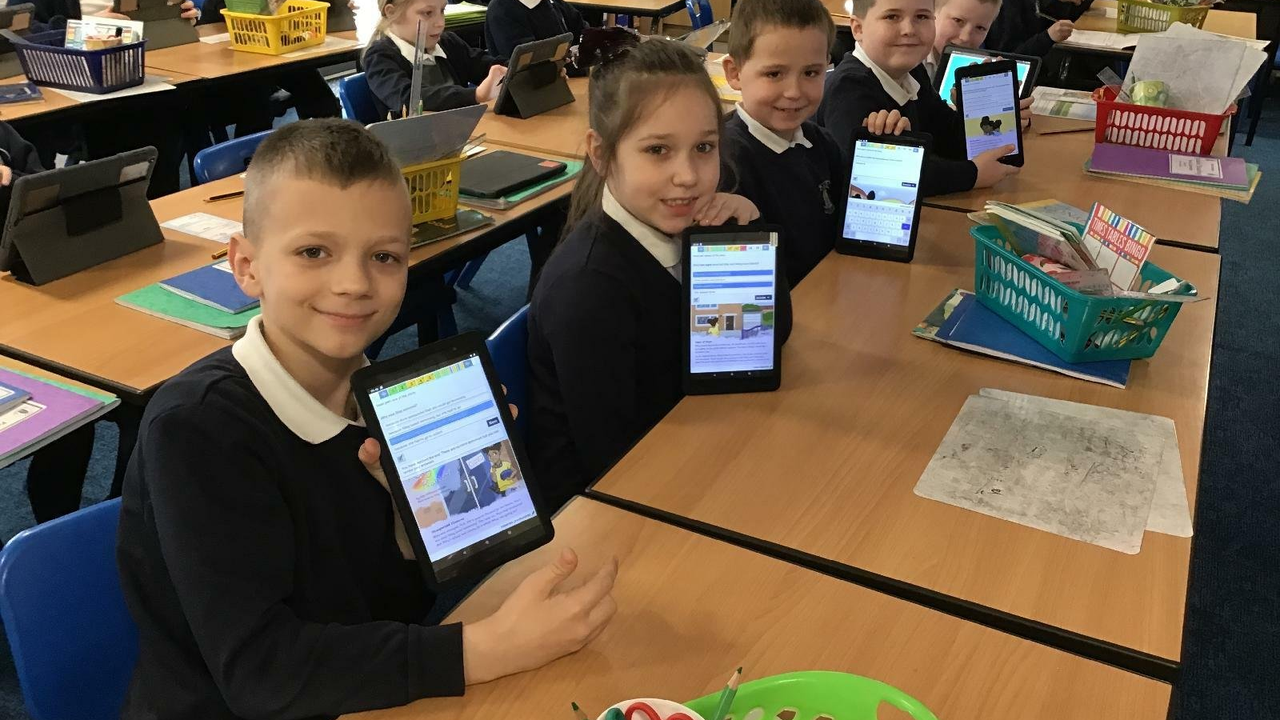Improving Reading at Greater Depth
Here's how LbQ can add to your schools' provision for greater depth readers.


By Kate Wilkinson-Brindle
A greater depth reader has . . .
a wide and varied vocabulary and the ability to explain what words mean and offer synonyms as alternative
the ability to use a range of inference skills across a wide variety of genres
an acute understanding of characters’ motives and actions
the ability to make insightful predictions based on what has been read
the ability to argue their point of view, justifying with evidence from the text
the ability to comment on authorial intent
Above all, a greater depth reader reads for pleasure!
The CLPE's Reading for Pleasure research (January 2021), shows that 'If you are a literate child who reads for pleasure, then this has more of an impact on your future life chances than any other factor. Encouraging reading for pleasure is a social justice issue.'
How can Learning by Questions (LbQ) add to schools' provision for greater depth readers?

LbQ's engagingly illustrated and original texts are designed to be read for pleasure: with out-of-this world adventures, realistic classroom dramas, intriguing ancient myths, fascinating non-fiction and fantastical dragons, there is something to appeal to a broad range of pupils' reading preferences.
LbQ provides the lexile scores in the notes for each text, so that teachers can ensure that their pupils get the right amount of challenge as they read.
As well as asking vocabulary, retrieval and inference questions, LbQ Question Sets contain open questions and questions with no clear-cut answers. This encourages pupils to argue their point of view, and justify it with evidence from the text.

All of the Reading Question Sets contain at least two questions that require written responses. A broad range of questions may ask pupils to do some of the following writing tasks:
predict the next part of the story
write character descriptions
comment on the author's use of language
write a summary, short paragraph or new chapter related to the text
give and justify their opinions about the text
write about the themes in the text
write their own poem in a similar style to the one they have read
We also have many other types of questions designed to encourage pupils to read to a greater depth.
We hope that LbQ's Reading Question Sets prove to be a useful addition to your resources for nurturing your young readers, and that they help to encourage reading for pleasure in your classroom and beyond!
With Wayfinder, you can access a whole host of helpful resources and fascinating adventures for readers in year 3 all the way to year 6. Find out more about Wayfinder and trial for free!